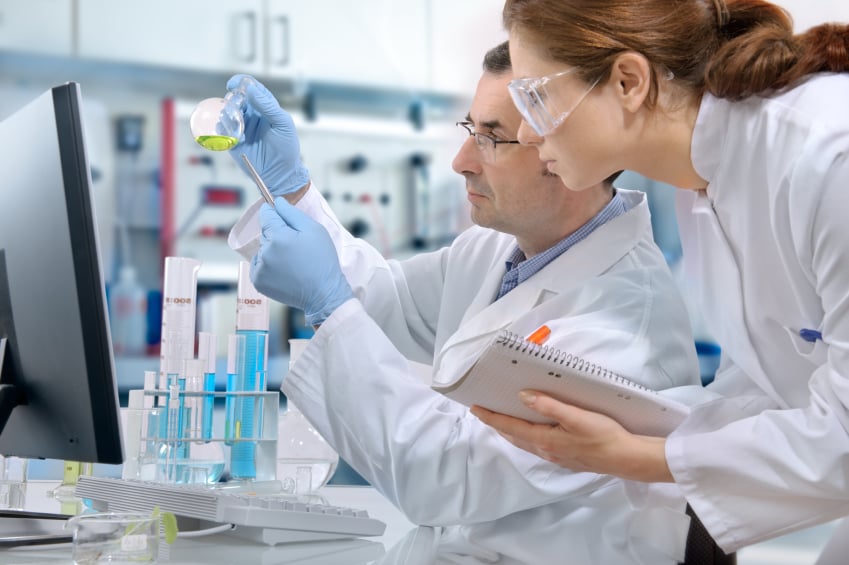Disease Research
Every day, researchers around the world are conducting clinical trials and studies to better understand infectious, deficiency, hereditary and physiological diseases. The findings from this research ultimately help to form the foundation of scientific discoveries, life-changing breakthroughs and life-saving vaccines.
Learn more by visiting these pages:


